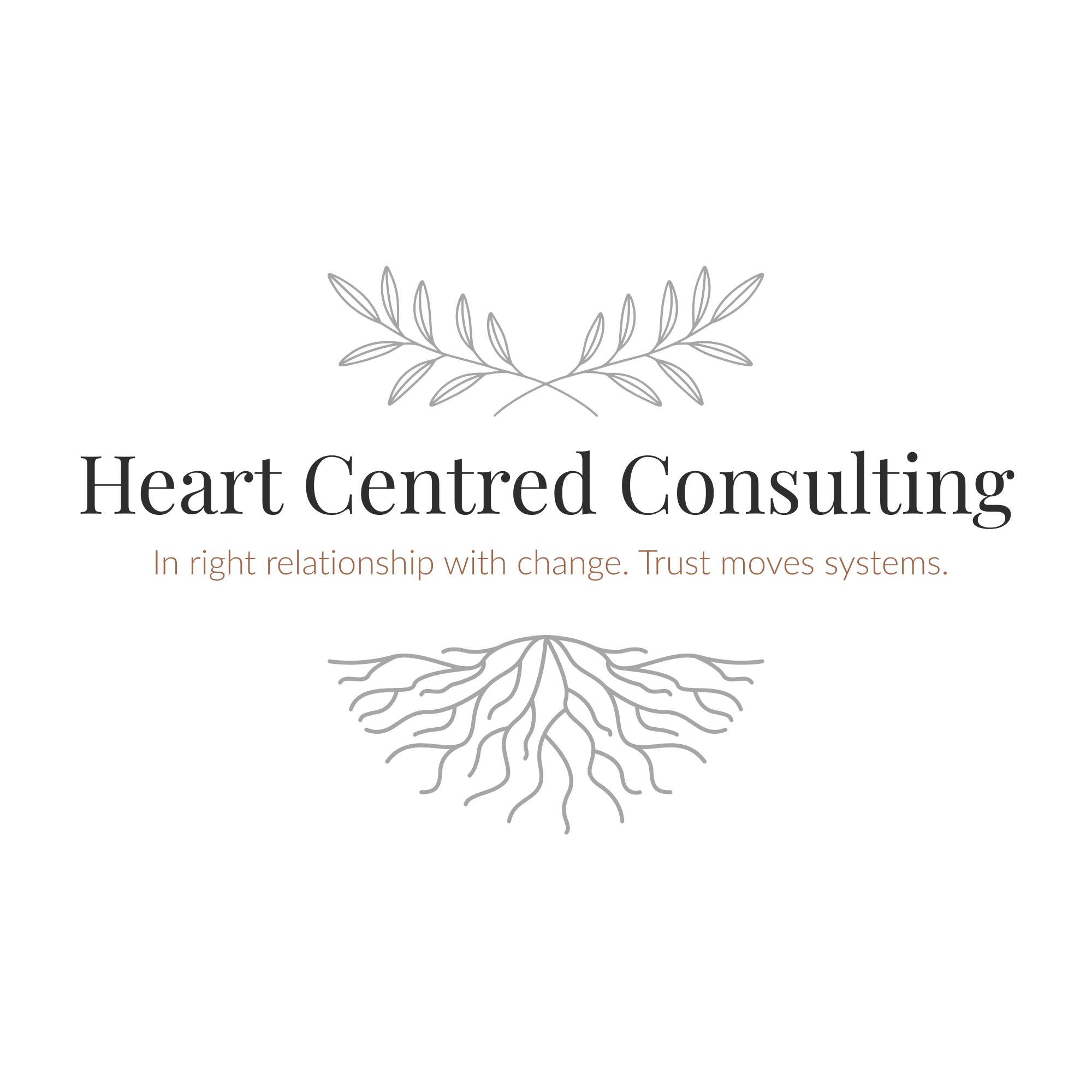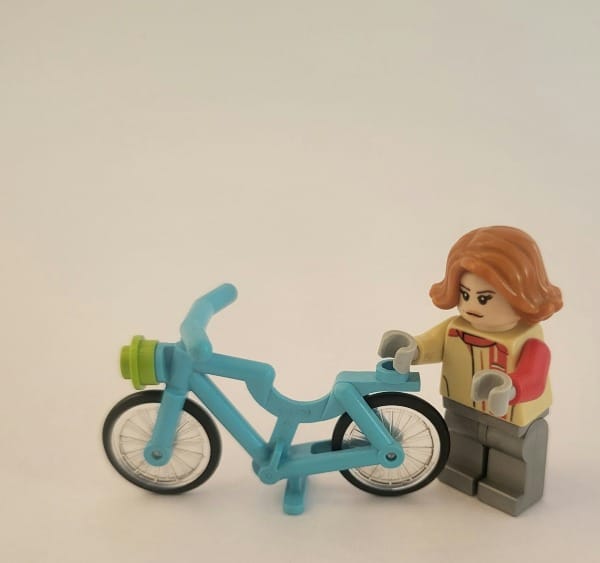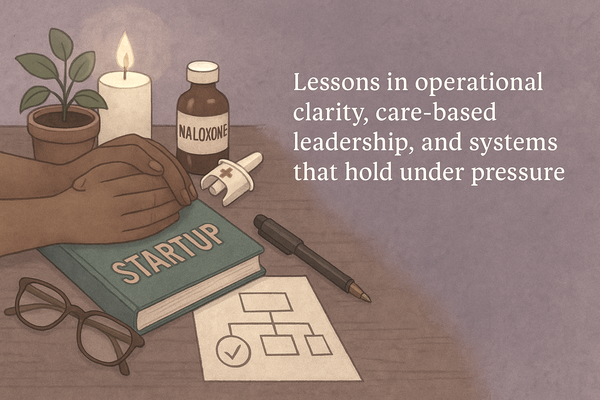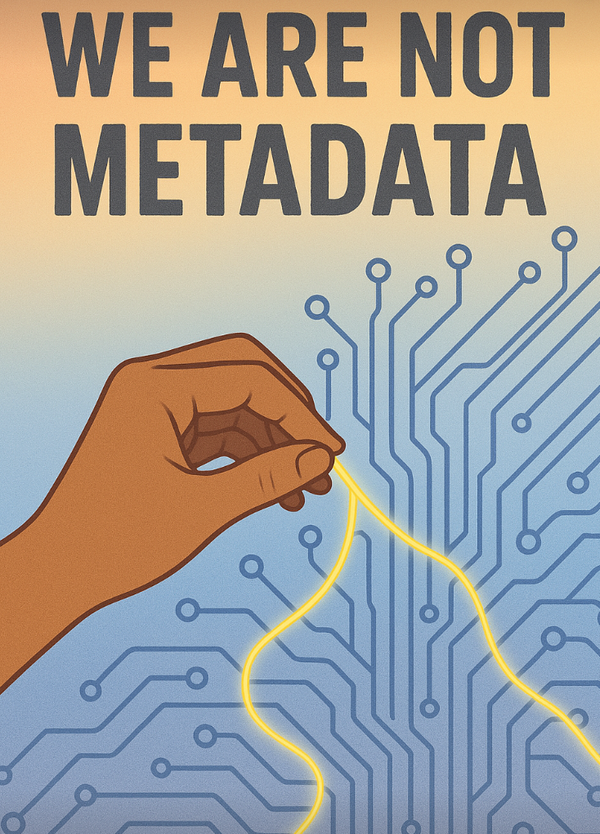Why Understanding Our Place in Colonial History Matters Now More Than Ever
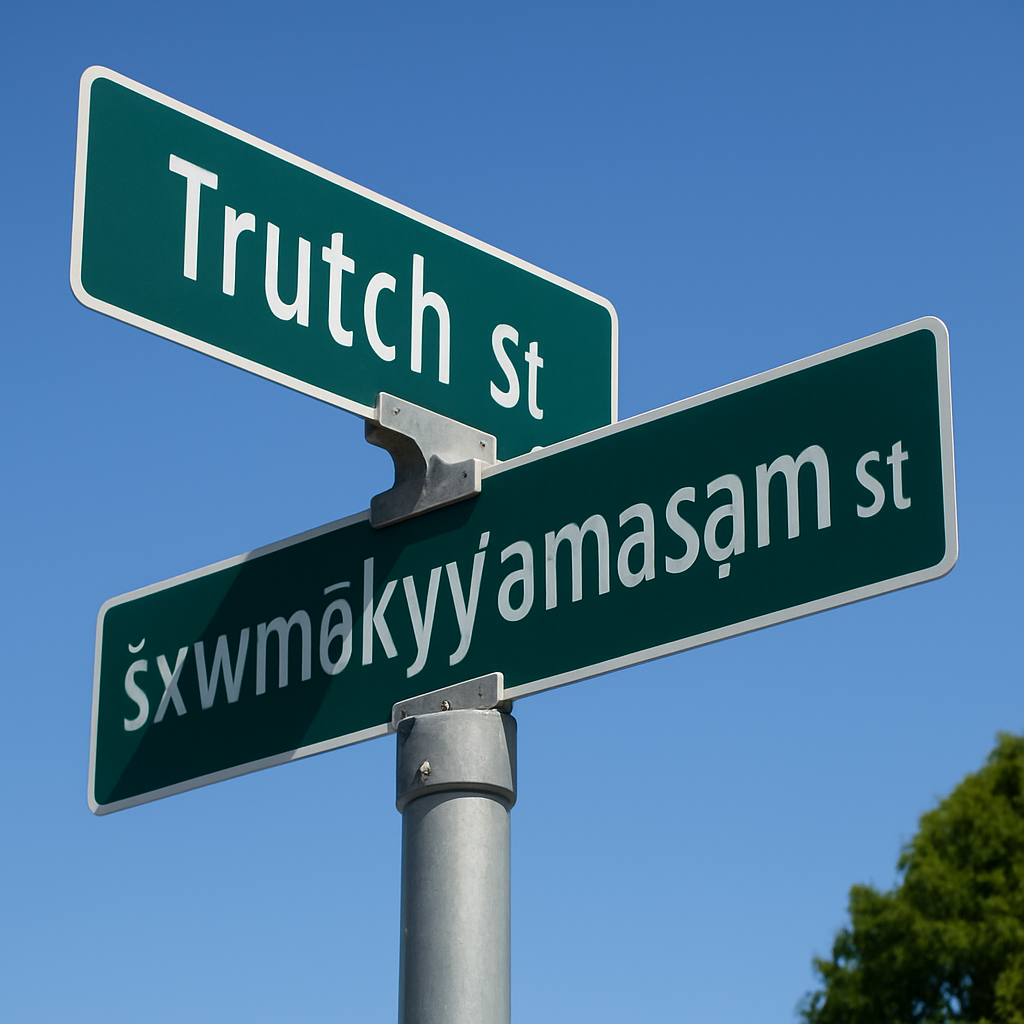
Across British Columbia and Turtle Island, we're living through a moment where the language of reconciliation is everywhere, but the actions fall short. Land acknowledgments have become routine and homogenized. Government agencies and school districts talk about equity and inclusion. Yet, at the same time, we see Indigenous rights being dismissed, political steamrolling, critical curriculum being questioned, and policies being quietly rolled back.
It's a confusing time. Especially for non-Indigenous people who care deeply about justice but aren't sure how to navigate this complex landscape. What does meaningful engagement look like? What does it mean to take responsibility when the systems around us are still reproducing harm?
That's where Elizabeth Krieg's offering comes in. Her workshop, Understanding Ourselves Within the Colonial Narrative of British Columbia, invites people into this very conversation, not from a place of shame or blame, but instead from a place of curiosity, accountability, and care.
This is not a history class. It's a hands-on, relational space where participants work with narratives and one another to explore how colonial systems were constructed and how they continue to live in our institutions, communities, and even family stories.
Liz is a public school educator and someone who has personally experienced this work. Her Master's research at UBC was grounded in exploring her family's settler history through old letters and oral stories passed down from her grandparents, uncles, aunts, and kin. She knows that unpacking our place in colonial history is deeply personal, always uncomfortable, and necessary.
Right now, when many people feel unsure about what to say, what to do, or how to make change without causing more harm, this kind of workshop offers something rare: a chance to slow down, to reflect deeply, and to build a more honest foundation for the work ahead.
Reconciliation isn't just about systems. It's about people. And this workshop helps people start in the most powerful place they can: with themselves.
If you're looking for a way to engage meaningfully, to move beyond good intentions and into real learning and connection, we hope you'll book a workshop.
